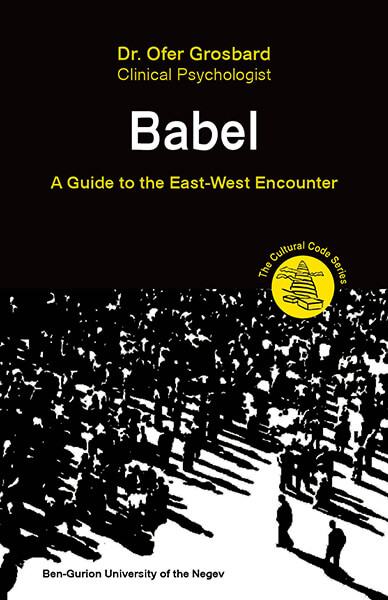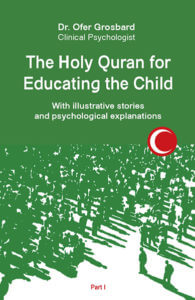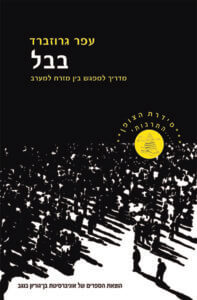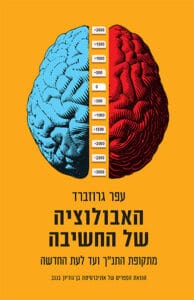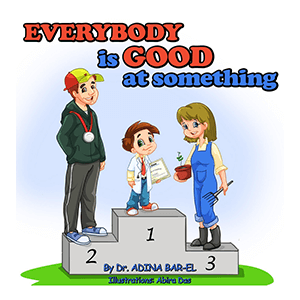Each person has a “Vector of the Mind” whose direction and magnitude can be assessed by using the questionnaire appearing in the book.
For people with a western paradigm of mind who locate their self at the center, the “Vector of the Mind” is inwardly oriented. People with an eastern paradigm of mind, who are focused on the group, have an outward oriented “Vector of the Mind”. The encounter with an individual whose “Vector of the Mind” is opposed to ours creates a cross-cultural gap that hinders communication.
“Babel – a Guide to the East-West Encounter” surveys the laws underlying each paradigm of the mind in such a way that the reader may be aware of his/her thought characteristics as well as those of the other and also of the laws that enable “translation” of his/her messages from one paradigm of mind to the other.
This book is based on fascinating stories of negotiations between Israel and America and the Arab world collected from a large number of major books in Hebrew, English and Arabic describing the negotiation process.
We all live under the illusion that a member of the other culture thinks like us. This is because each one of us knows only his/her way of thinking.
Is it possible to break through this vicious circle and to learn the other’s way of thinking?
Is it possible to tone down the defensive and hypocritical rule of the “Politically Correct”, to acknowledge our differences and perhaps even learn to love them?
“Babel” turns us all – sons of East and West – from strangers to close friends and provides a happy end to the Biblical story in which people could not cooperate because they spoke different languages.

